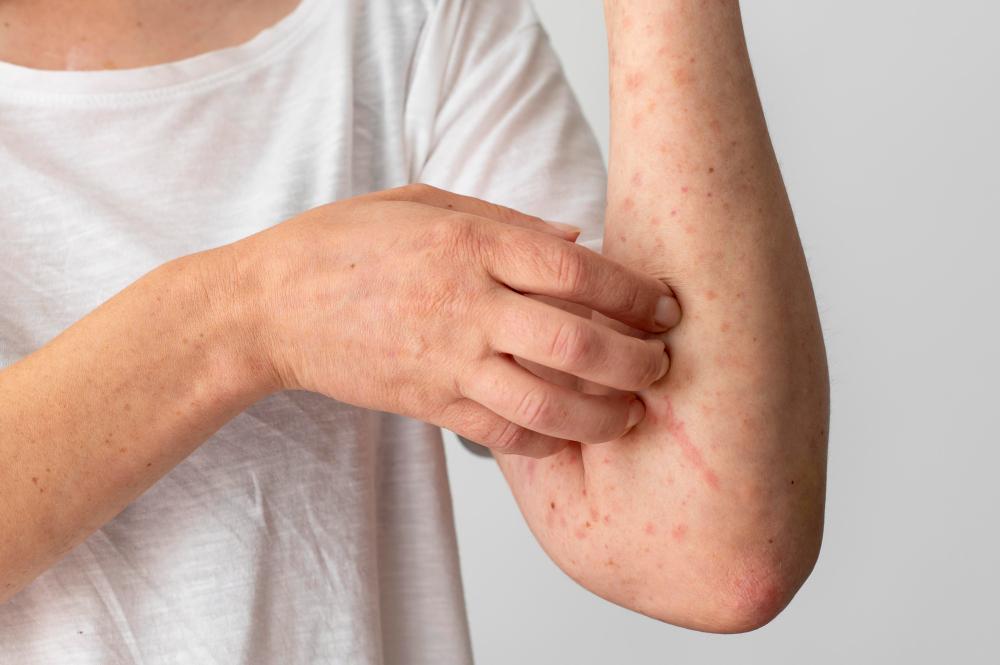Food allergies can be confusing and concerning. You may experience discomfort or symptoms after eating certain foods but aren’t sure if it’s a true food allergy or something else. The good news is that there are various allergy tests available to help identify if a specific food is causing your reactions. Understanding these tests can help you work with a food allergy specialist or allergist in Merced to find the best solution for your needs.
Understanding Food Allergies
Food allergies occur when your immune system mistakenly identifies a certain food as harmful. As a result, your body releases chemicals that cause symptoms such as swelling, hives, or even life-threatening reactions like anaphylaxis. Common foods that trigger allergies include peanuts, tree nuts, shellfish, milk, and eggs. It’s important to note that food allergies can develop at any age, even in adults.
The next step in managing food allergies is knowing what type of allergy test is best for you. There are a variety of tests available, and they each work in different ways.
Types of Allergy Tests
When it comes to detecting food reactions, allergy testing can offer a clearer picture of what’s going on inside your body. Let’s take a look at some of the most common allergy tests.
Skin Prick Test
The skin prick test is one of the most widely used methods for diagnosing food allergies. During this test, a small amount of the suspected allergen is applied to your skin, usually on your forearm or back. Then, your skin is pricked with a needle. If you’re allergic to the substance, you’ll develop a raised bump or hive at the site. This test can detect immediate allergic reactions within 15 to 20 minutes.
While this test is reliable, it doesn’t always detect food allergies that cause delayed reactions. For those types of allergies, your food allergy specialist might recommend another approach.
Blood Test (RAST or ImmunoCAP)
Another common test is the blood test, often referred to as the RAST (Radioallergosorbent Test) or ImmunoCAP. This test measures the amount of specific antibodies (IgE) in your blood that your immune system produces in response to a particular allergen. The higher the number of antibodies, the more likely it is that you’re allergic to that substance.
Blood tests are useful when skin tests can’t be done, such as for people with sensitive skin or those who take certain medications. These tests can also help detect more severe food reactions. However, blood tests may show false positives, meaning they might indicate an allergy even if you don't actually have one.
Oral Food Challenge
For a more definitive diagnosis, your allergist in Merced might suggest an oral food challenge. This test involves eating small amounts of the suspected food under medical supervision. The doctor will monitor you for any signs of an allergic reaction. This test is considered the “gold standard” in food allergy diagnosis, as it can provide a clear answer.
However, an oral food challenge should only be done in a controlled medical setting because it can trigger serious reactions. It’s also time-consuming, often requiring several hours at a doctor’s office.
Other Allergy Testing Options
In addition to the above tests, there are other methods that may be used in specific cases.
Skin Patch Test
For delayed allergic reactions, the skin patch test might be recommended. This test is typically used for diagnosing contact allergies but can sometimes be helpful for food allergies that cause a reaction hours after eating. A small patch with the suspected allergen is placed on your back, and it’s left on for 48 hours. If you’re allergic, you may see a rash or other skin reaction.
Blood IgG Food Sensitivity Test
Some practitioners may offer an IgG food sensitivity test, which measures IgG antibodies in response to specific foods. However, this test is somewhat controversial. Many experts believe that elevated IgG levels don’t necessarily indicate an allergy but may reflect food sensitivities. For this reason, it’s not commonly used by food allergy specialists to diagnose true food allergies.
What to Expect During Allergy Testing
Before undergoing any allergy test in Fresno or elsewhere, it’s important to talk to your doctor about your symptoms and medical history. Based on that information, they will recommend the appropriate test for you.
The process is usually quick and straightforward. For skin tests, you may experience some minor discomfort, but the actual test typically takes no more than 20-30 minutes. Blood tests may take a bit longer, as your blood needs to be sent to a lab for analysis.
After the test, your allergy specialist will discuss the results with you and suggest the best treatment options, such as avoiding certain foods, carrying epinephrine for emergencies, or even starting a treatment plan like oral immunotherapy.
Working with a Food Allergy Specialist
If you suspect you have a food allergy or if you’ve had an allergic reaction before, working with a food allergy specialist is the best way to get an accurate diagnosis. A specialist can guide you through the testing process and recommend an effective management plan based on your results.
Many allergists in Merced and other areas specialize in food allergies, so it’s worth reaching out for professional help. They can help you manage your allergies, minimize risks, and improve your quality of life.
Conclusion
Food allergies can be tricky to navigate, but allergy testing can provide clarity. Whether you undergo a skin test, blood test, or oral food challenge, these tests can help identify the foods causing your allergic reactions. Working closely with a food allergy specialist is crucial for a comprehensive understanding of your condition and creating a personalized treatment plan.
If you're experiencing food-related symptoms, reach out to an allergist in Merced or your local specialist to discuss the best testing options. The right allergy test could be the first step toward managing your condition and living a safer, healthier life.







